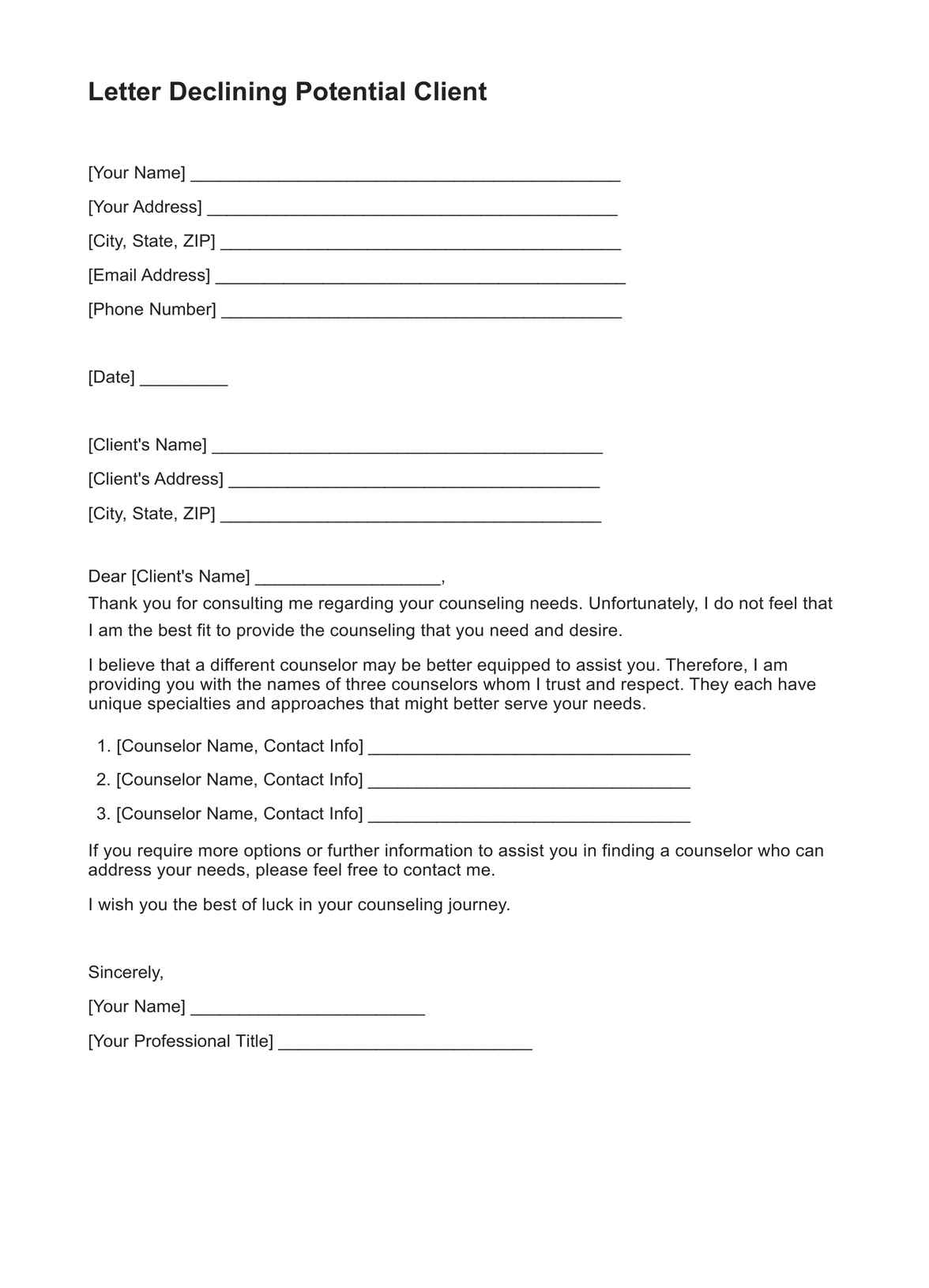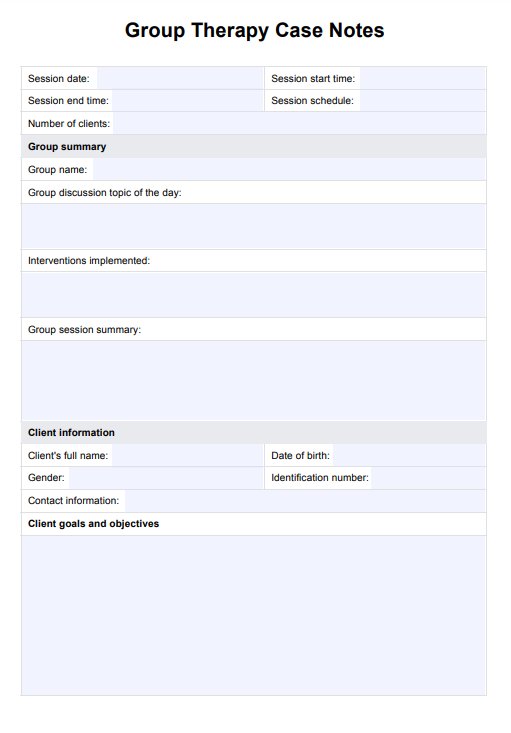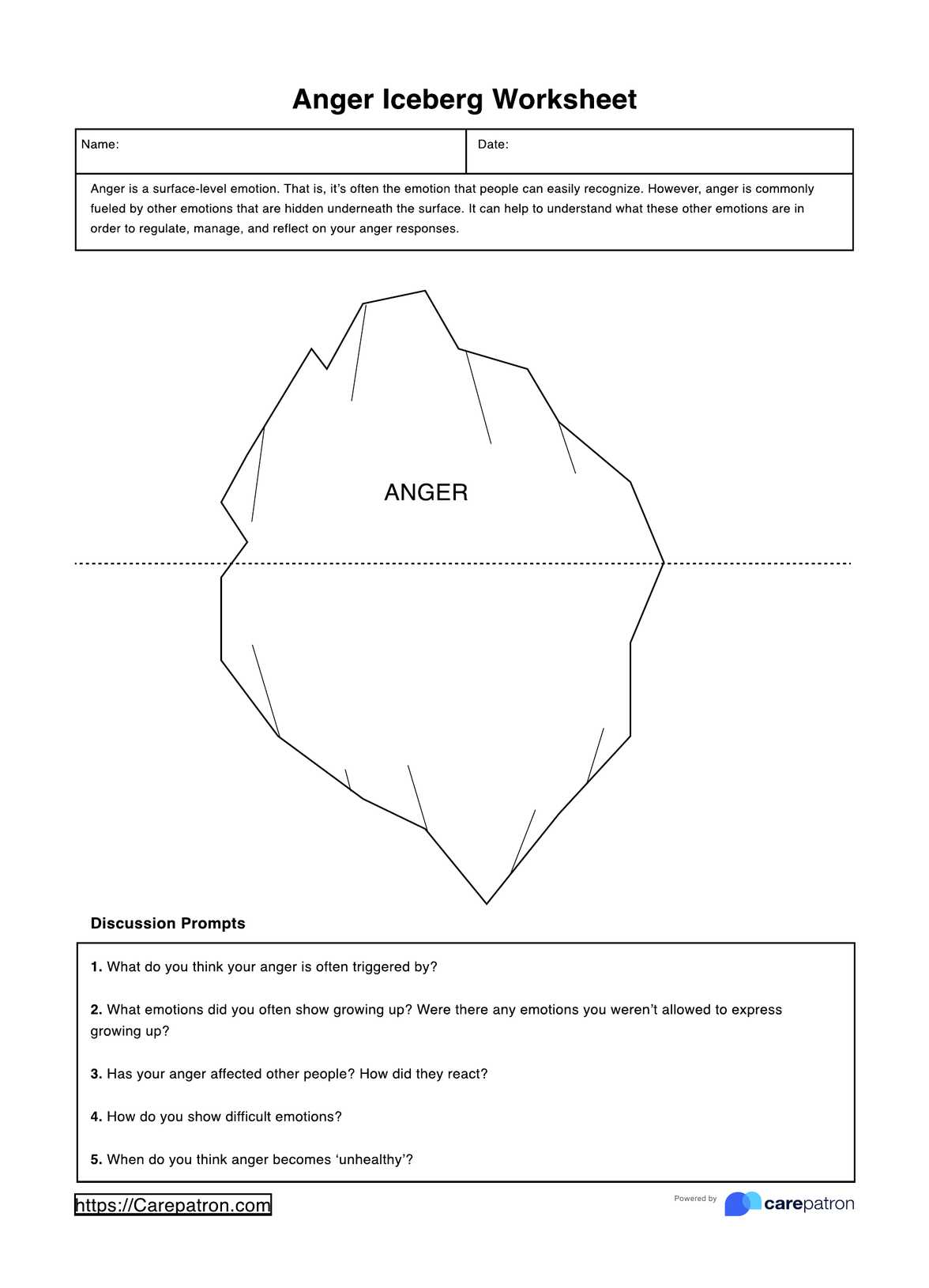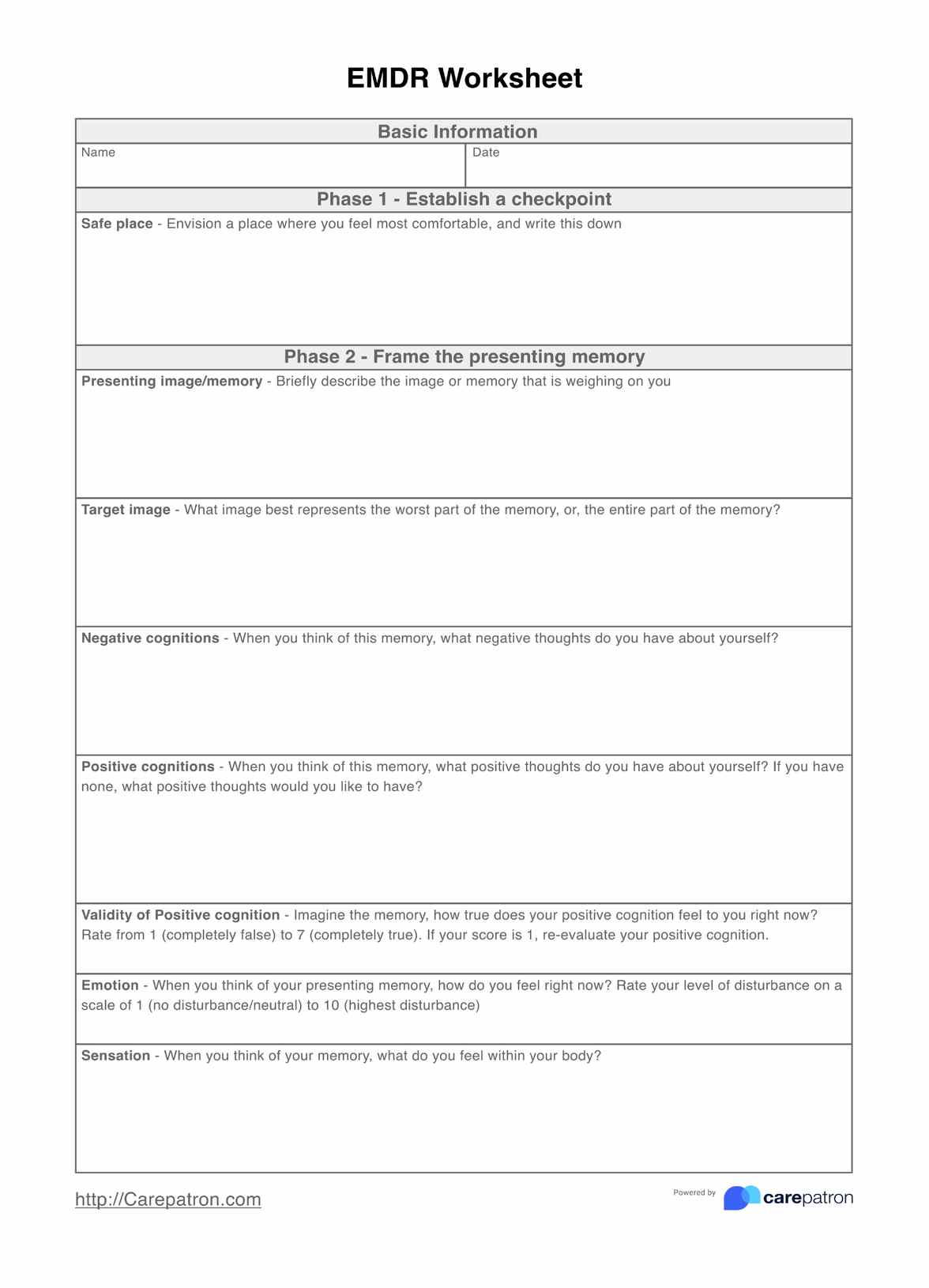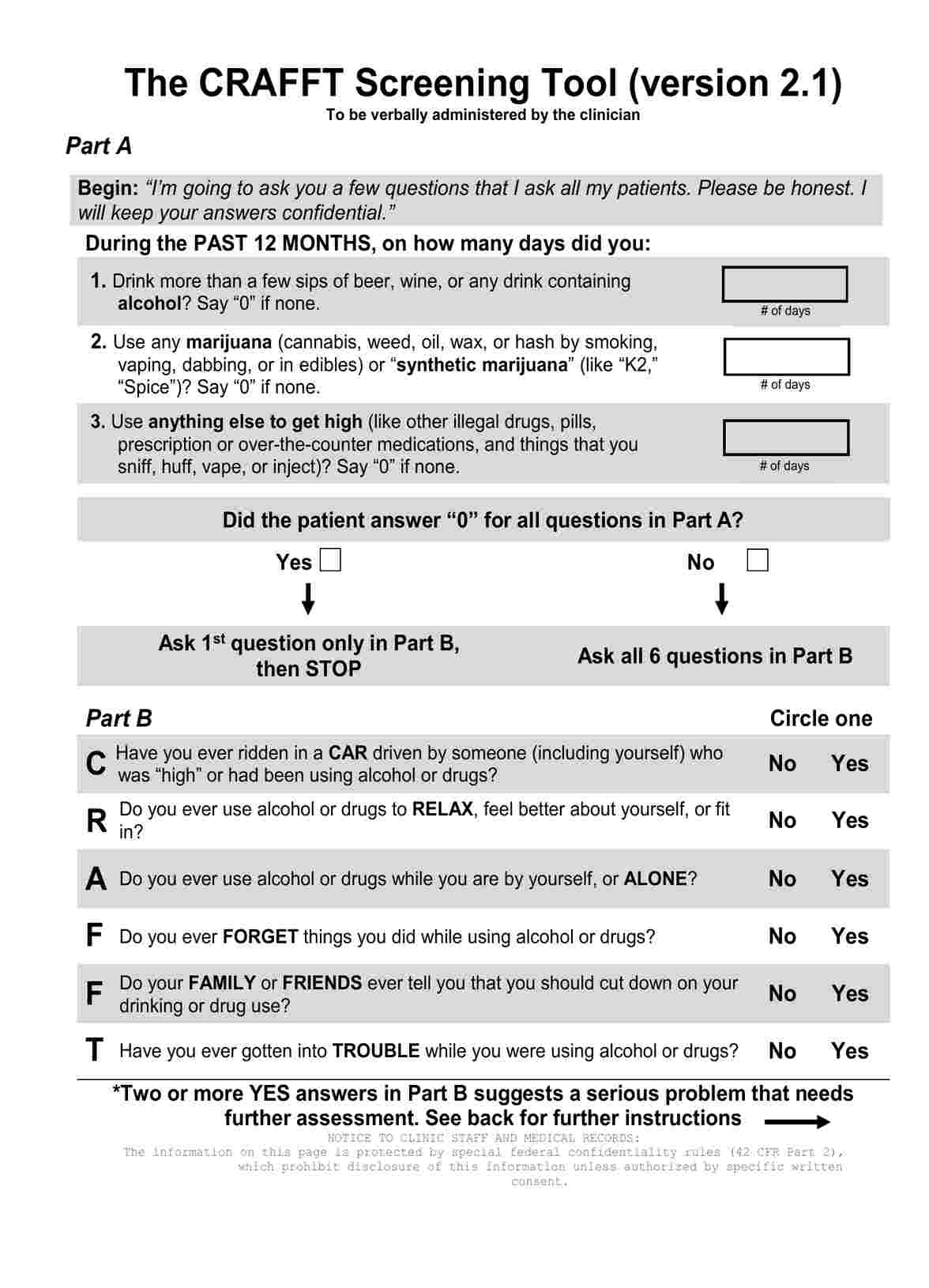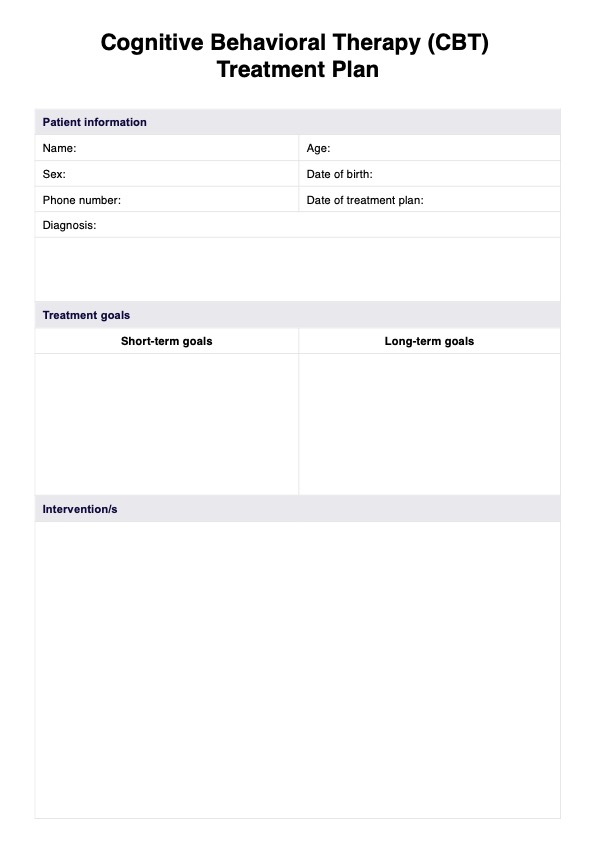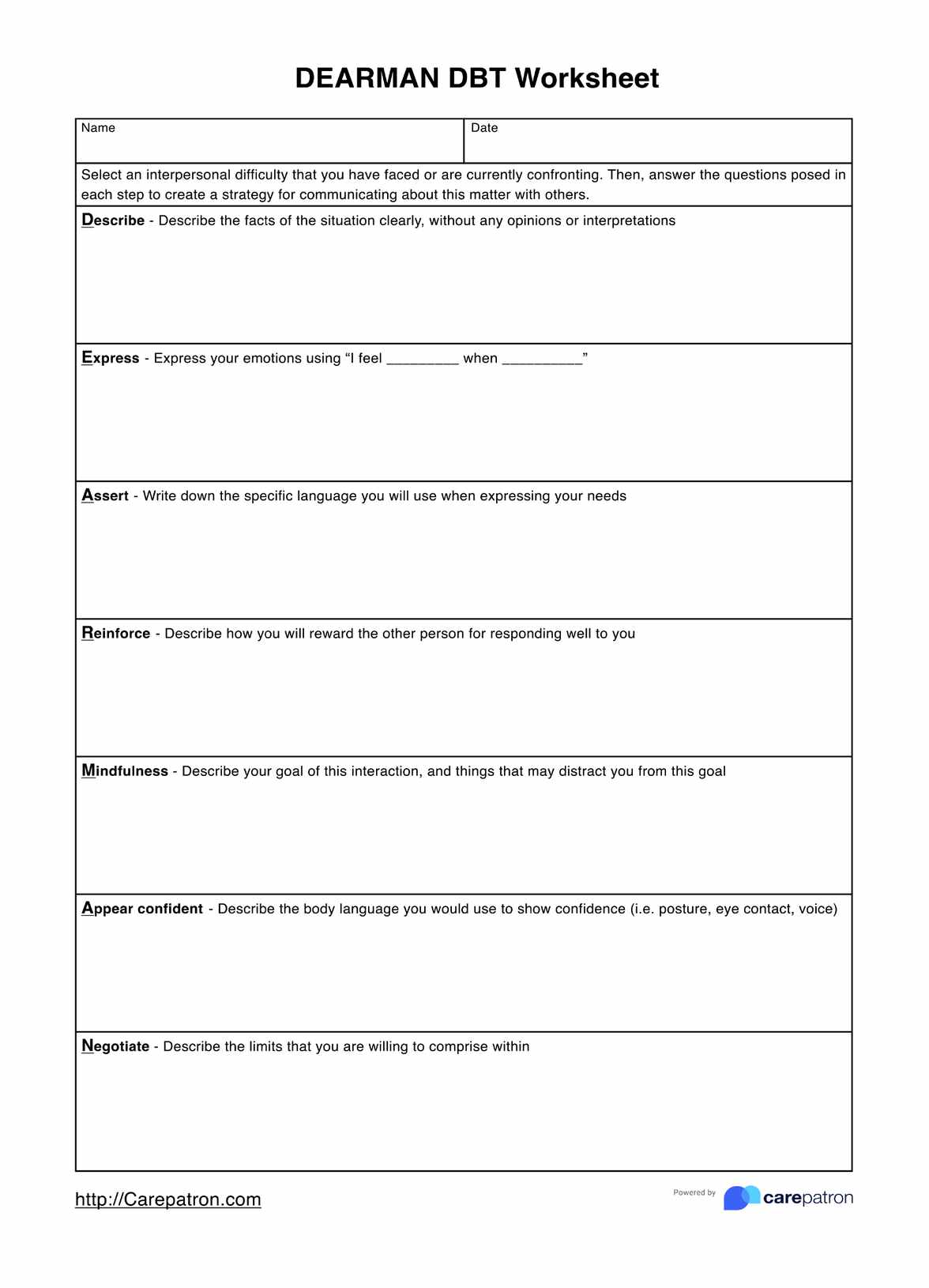Temperament Test
Click here to learn more about the four temperaments test and how this test can support clients to uncover their true selves and put their puzzle pieces together.


What is temperament?
Temperament refers to the inherent and enduring aspects of an individual or family's personality that influence human behavior and reactions to various stimuli. It is a set of innate characteristics that contribute to the overall makeup of an individual's personality traits and influences how they interact with the world (Ohwovoriole, 2023).
The interesting thing about the secondary temperament is that it is believed to be innate. Mainly being influenced and developed by your genetics, it's not uncommon for an individual's temperaments primary temperament to be similar to their parent or grandparent.
Being able to understand temperament is crucial when working with individuals in the mental health sector. It can support the comprehension on why individuals may exhibit certain patterns of behavior. In children it can be a good way of understanding their ability to adapt and overcome stressful situations they are enduring for the first time. It can also explain their self-regulation patterns and coping skills as well as help parents understand what they need in moments of distress (Temperament: What It Is and Why It Matters, 2017).
Temperament Test Template
Temperament Test Example
What's the difference between temperament and personality?
Temperament has often been confused with personality. Although they are similar, they hold different meanings which can confuse people. Personality is typically influenced by experience. Personality is composed of traits that interact with each other to dictate how you react and behave (Coelho, 2022). It typically involves your thoughts, beliefs and preferences.
Here are some common personality traits:
- Optimism or pessimism
- Extraversion or introversion
- Agreeableness
- Confidence
During your life your temperament will tend to stay the same. This is because of it's possible genetic link. On the other hand, personality being shaped by your experiences means that it has the option to change and grow with you.
Coelho (2022) suggests that temperament will inform how you interact with the world most people around you, as do your:
- Mood
- Emotional responses
- Energy levels
- Curiosity
- Adaptability
- Inhibition
As a quick summary, you're born with your temperament which supports you in interacting with the world. You'll then go on to curate your personality, shaped by your experiences and life lessons.
What are four main types of temperament?
Although personality theories have evolved and developed drastically within the field of psychology, in theory there are four temperaments mainly within this theory of scope.
Choleric temperament
Individuals who can be determined as having a choleric temperament can have traits that allow them to be a relatively influential person. Often, individuals with a Choleric temperament are highly engaged and intentional with what the are completing, this can often put them in the position of a natural leader (What Is the Choleric Temperament? , 2024). Here are a few behaviors you may observe within these individuals:
- Easily annoyed
- Prideful
- Commanding
- Influential
- Have good money management
- Successful
- Confident
- Typically outgoing
- Focused
Melancholic temperament
Individuals who have a Melancholic temperament are often serious and usually respond to others in a slow way. By nature, these individuals will usually be alone. They typically need a reason to be around others in order to be within their social life (Melancholy Personality/ Temperament, 2022). Here are a few behaviors you may observe within an Melancholic individual:
- Self-sacrificing
- Creative
- Perfectionism
- Preffering privacy
- Analytical
- Bored easily
Individuals with a Melancholic personality type or of temperament are often pessimistic and it can even be associated with depression (Melancholy Personality/ Temperament, 2022). However, it's important to recognize that individuals who have this temperament or personality type will not always be diagnosed with depression.
Phlegmatic temperament
Having a Phlegmatic temperament means that the person will usually have a core drive to avoid conflict. Being service-orientated often means they are the passive individual in both positive and negative environments (Singh, 2022). They’re typically not highly ambitious, and they tend to lack a sense of urgency both due to their passive nature. Here are a few behaviors you may observe within a Phlegmatic temperament:
- Easygoing
- Patient
- Agreeable
- Indirect when responding to people
- Calm
- Unemotional
Sanguine temperament
Individuals who can be defined as Sanguine are typically outgoing. You can consider a sanguine individual as an extrovert. They often possess traits that allow them to make friendships easily as well as being optimistic a good majority of the time. Here are a few behaviors that you can observe within a Sanguine temperament:
- Talkative
- High energy levels
- Social
- Entertaining
- Persuasive
- Easily amused
- Optimistic
What is a Temperament Test?
A four temperaments test is a psychological resource that is designed to evaluate and describe four temperaments test an individual's inclinations, behavioral tendencies, and emotional responses in various situations.
This type of test helps categorize individuals into the four different temperament types. These four temperaments are choleric, melancholic, sanguine, sensitive and phlegmatic. They are great for being utilized as a self-reflection tool, a personal development tool, as well as to support improving interpersonal relationships.
This resource can support individuals in providing insights into how they approach given challenges or upsets, how they communicate and interact with others.
It's important to remember that temperaments test are not a diagnostic tool. Rather, they are tools for self-awareness and understanding of temperaments that can support future treatment plans or motivate change within an individual.
How does our Temperament Test template work?
Using our free template is easy and quick. Follow these steps to get started:
Step 1: Obtain the worksheet
You can do this by navigating the Carepatron templates page. From here, you can save and download the document to your device for electronic use. Or, if you're happier using a physical copy, you can go ahead and download, and print from your device.
Step 2: Talk with your client
As with other mental health treatment tests, it's a good idea to go through this worksheet with your client. Individuals will need some guidance before or during working through this test - so now is a good time to offer that support.
It is also a good time to remind the client that this is NOT a test that can diagnose any mental health issues or personality disorders. This is simply a resource designed to uncover personality tests and some talking points and information for future personality tests if needed.
Step 3: Review the completed test
During your next therapy session together, you and your client can work through the completed test. This feedback can help you understand the difference in the treatment goals and how it would be best to work through the specific difficulties they are facing. During this time, you can work out what style the individual leans more towards and uncover what this means for them.
Step 4: Create a treatment plan
Using the information provided by the client, you (with your client and family's input) can work to create a treatment plan that is going to be beneficial. Ask questions about what might work and who else can act as a supportive person. This is also a good time to answer any questions, feelings or concerns that the client may have.
Step 5: Store the worksheet
After completion, it's a good idea to store this worksheet within your client's file. This allows you to review information they have provided at a later date. You'll be elated to know that you can easily store information such as this worksheet securely within the Carepatron system.
What are the benefits of taking a Temperament Test?
There are many benefits to completing a temperament test. Here are a few that we can highlight in this guide:
Self-awareness
Understand your natural tendencies, fostering personal growth and improved relationships. Resources like this Temperament Test can contribute to self-awareness by providing a framework for individuals to reflect on their natural inclinations, emotions and responses in various situations. This knowledge serves as a foundation for personal growth, allowing individuals to make intentional choices aligned with their authentic selves.
Communication
Understanding not only their primary temperament, but the other temperaments can support individuals in their communication abilities. Being able to recognize if a family member or friend has a sensitive or certain temperament can aid in communication as well new things such as conflict resolution.
Team dynamics
Using team members' different perspectives, personalities, and temperaments can help in collaborative moments and more effective interaction with others.
Conflict resolution
By taking a temperament test, individuals can identify potential sources of conflict for themselves. Either in their career or personal life. This can help individuals to find a way to resolution using their temperament style.
Career alignment
Knowing what type of temperament style an individual has can support in determining what career they would be most suited for. Understanding strengths and preferences for certain things can help individuals develop positive relationships and working habits.
References
Coelho, S. (2022, May 20). Is Your Temperament the Same as Your Personality? Psych Central. https://psychcentral.com/health/temperament-and-personality#personality-vs-temperament
Melancholy Personality/ Temperament. (2022, February 9). The Four Temperaments. https://fourtemperaments.com/melancholy-personality-temperament/
Ohwovoriole, T. (2023). Which of the 4 Temperaments Are You? Verywell Mind. https://www.verywellmind.com/types-of-temperaments-7152818
Singh, N. (2022, February 10). What is Phlegmatic Temperament? The Four Temperaments. https://fourtemperaments.com/what-is-phlegmatic-temperament/
Temperament: what it is and why it matters. (2017, November 2). Raising Children Network. https://raisingchildren.net.au/newborns/behaviour/understanding-behaviour/temperament
What Is The Choleric Temperament? (2024). Www.betterhelp.com.
https://www.betterhelp.com/advice/temperament/what-is-the-choleric-temperament/
Commonly asked questions
A person's natural behavioral tendencies and emotional responses.
Temperament shapes how we react to situations, affecting our choices and interactions.
While some traits remain stable, personalities and temperament can evolve due to experiences and personal growth.


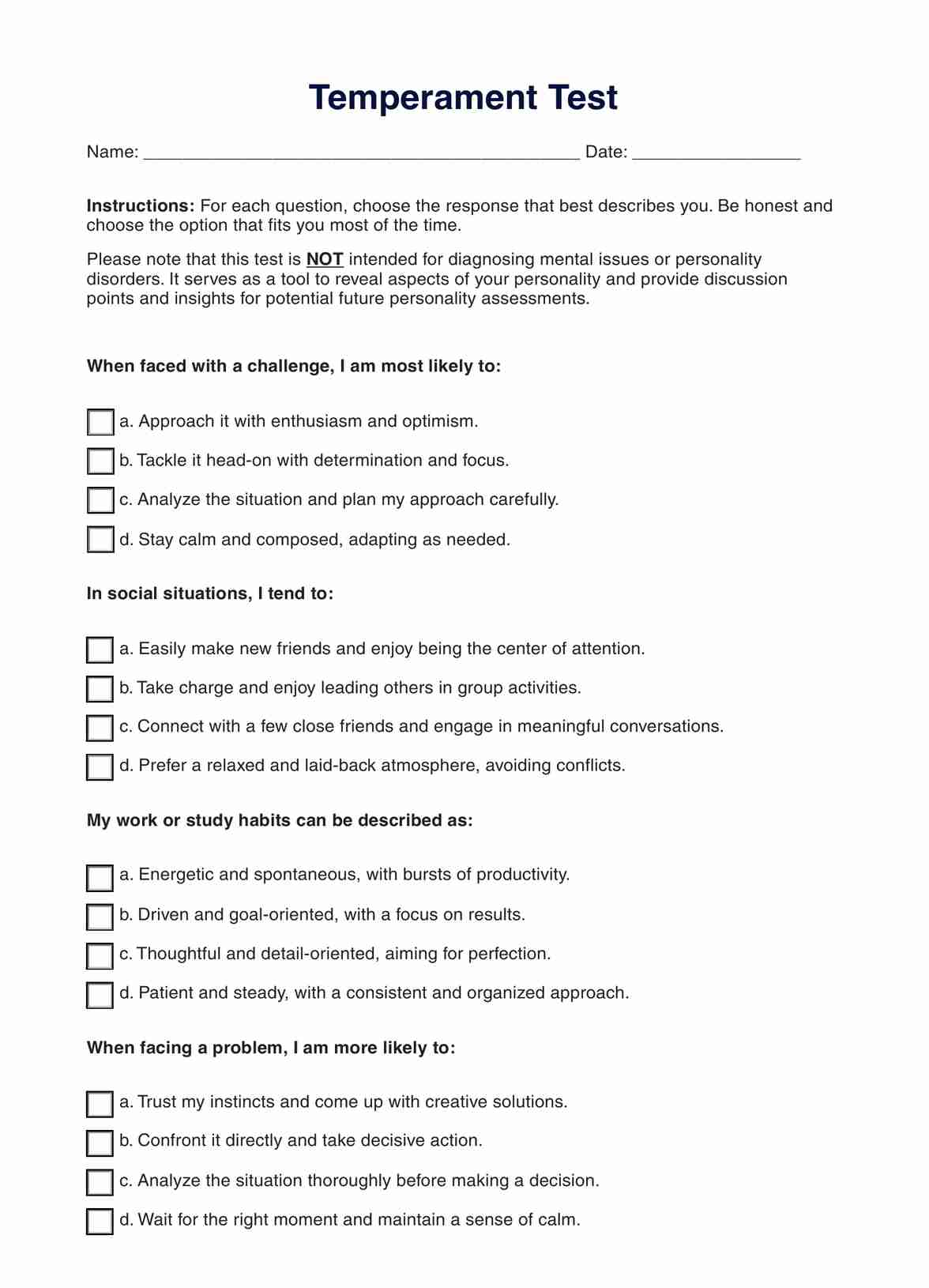
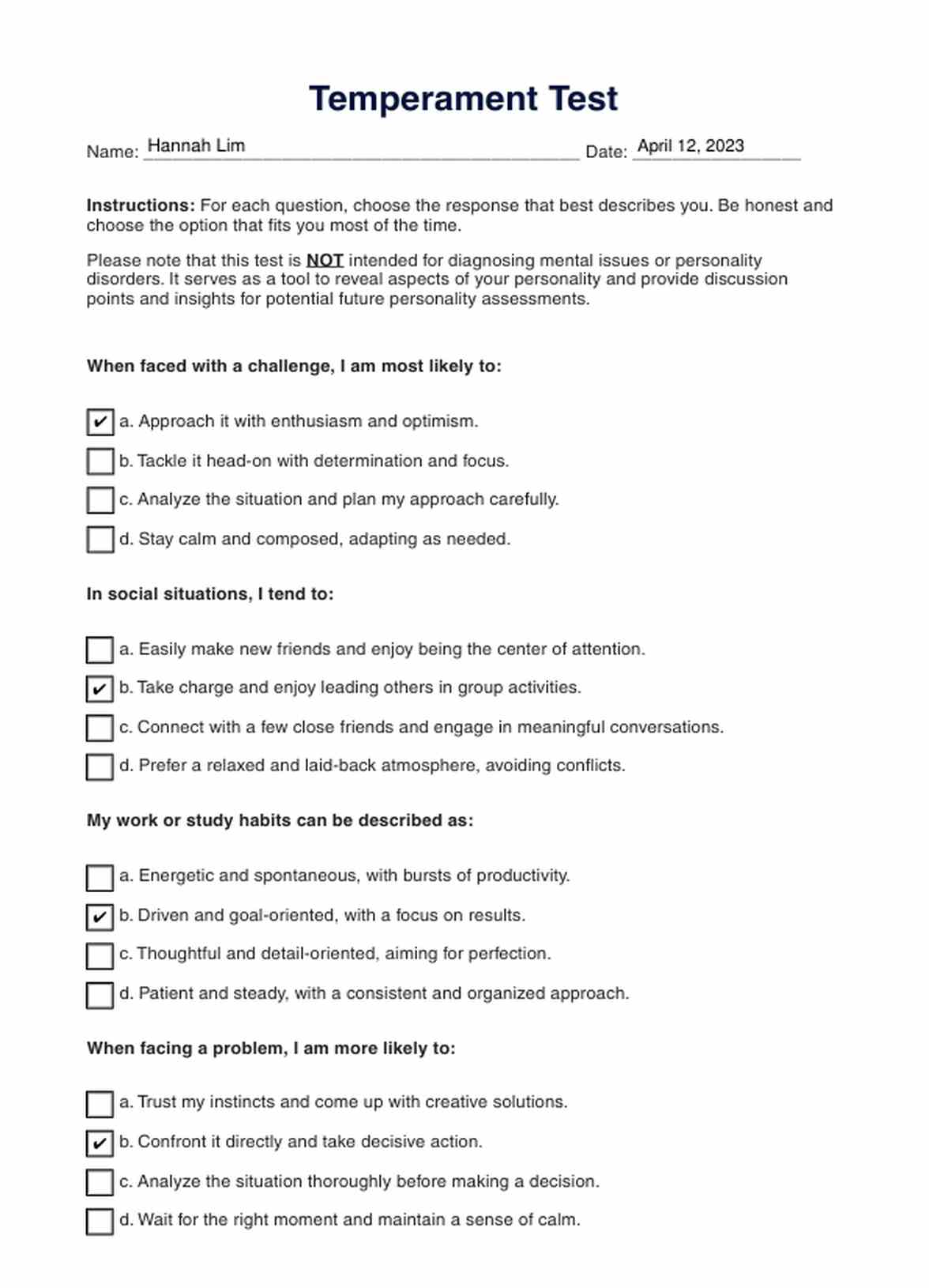
















-template.jpg)




















































































